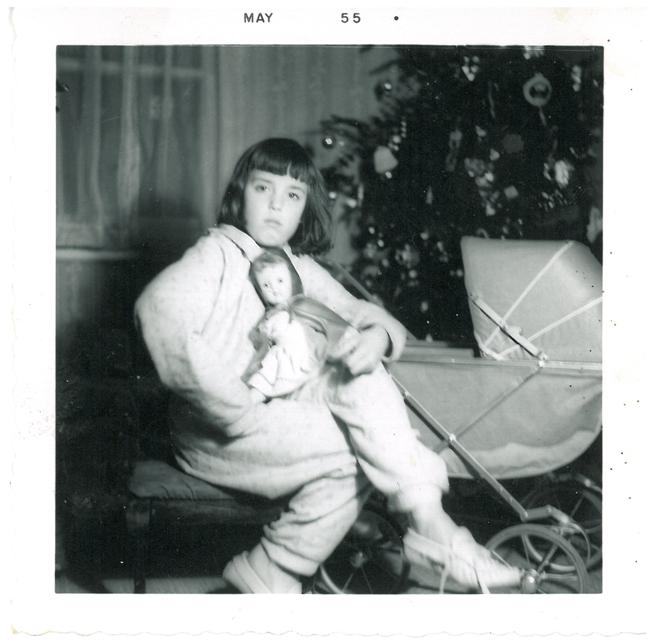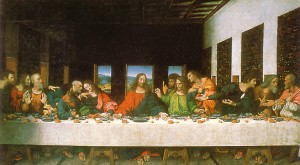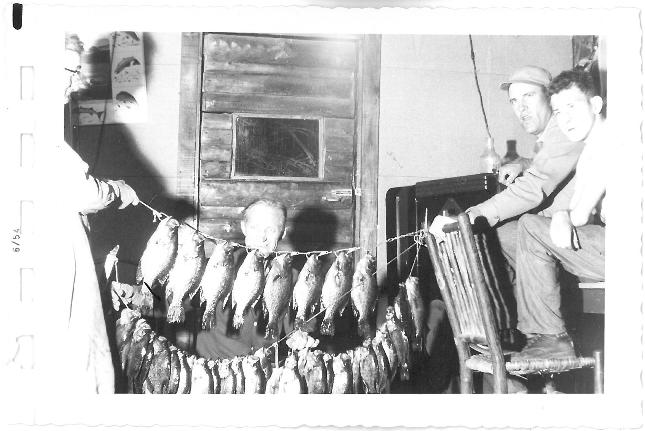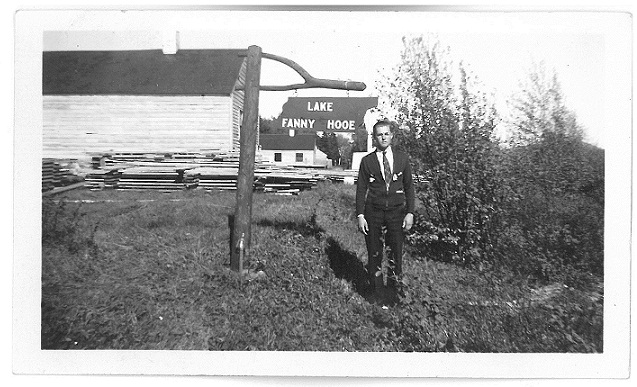#51 of 52 : GARY IRELAND
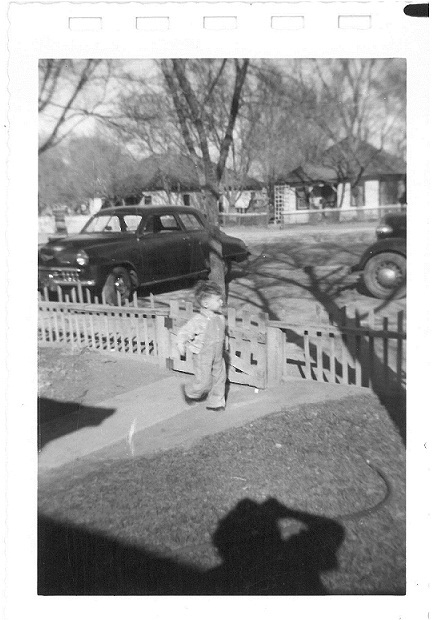
External Photo Clues:
None
Imagine:
Gary Ireland was born in a small, isolated town in western Oklahoma of about 1,000 people. His formative years included World War II when all the resources of the United States were dedicated to the war effort and the subsequent boom years when the men and women involved in the war came home. His world consisted almost entirely of the events and experiences in his hometown and he experienced both austerity and plenty. This was a good time and place for a young boy to grow up.
Gary was smaller than most of the other children his age, but he made up for his size with an incredible amount of energy and speed. His short legs were a blur as he ran around town with his friends, spending most of his free time on the sidewalks, streets, alleys, and vacant lots of his hometown.
Today, this would not seem like a good, or safe, way to grow up. But, in reality, the children were free to learn and experience things that would stay with them their whole lives. They created their own forms of entertainment and solutions to problems as they worked it out with each other. More importantly, every man and woman in town acted as surrogate fathers and mothers as the children ran around and experienced the delights and freedom of their childhood. Adults observed what happened and they either dealt with any sign of a misdeed or quickly brought it to the attention of the appropriate parents. Gary’s parents were always among the first to know, as they ran the grocery store on Main Street. The African proverb, “it takes a village to raise a child” was at work in western Oklahoma.
One particular group of older men spent most of the day observing the events in town. They were known as the “spit and whittle club”, a less-than-complimentary term used by the rest of the town to describe what seemed to be their only activities, chewing tobacco and carving wooden trinkets with their pocketknives. Their daily schedule was to follow the shade or the sun around town, depending on the season, and to watch and discuss the events around them. They also had their favorite dry or protected spots when it rained or the north wind howled. One of their favorite winter expressions was “there’s nothing between us and the North pole, except a barbed-wire fence and it’s been blown down”.
Actually, the spit and whittle club spent their time observing and discussing the human condition, politics, religion, philosophy, sociology, and the weather. The weather may not seem to fit in that list, but these men were survivors of the Great Depression, the worst of the Dust Bowl, and were located in the middle of Tornado Alley. One of the deadliest tornadoes in history had happened in 1947 just up the road in Woodward. Continue reading The 2011 Imaginary Family Project – Week 51 →
